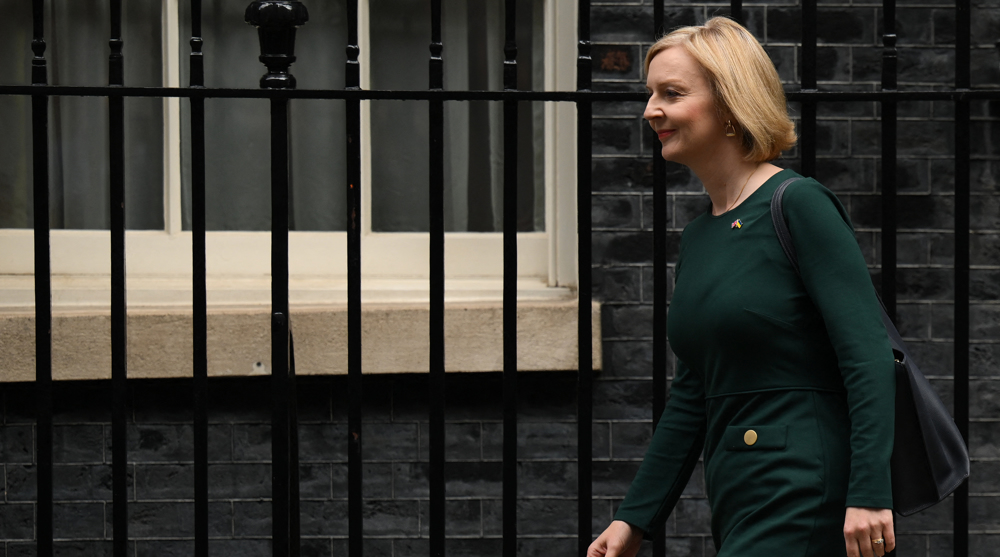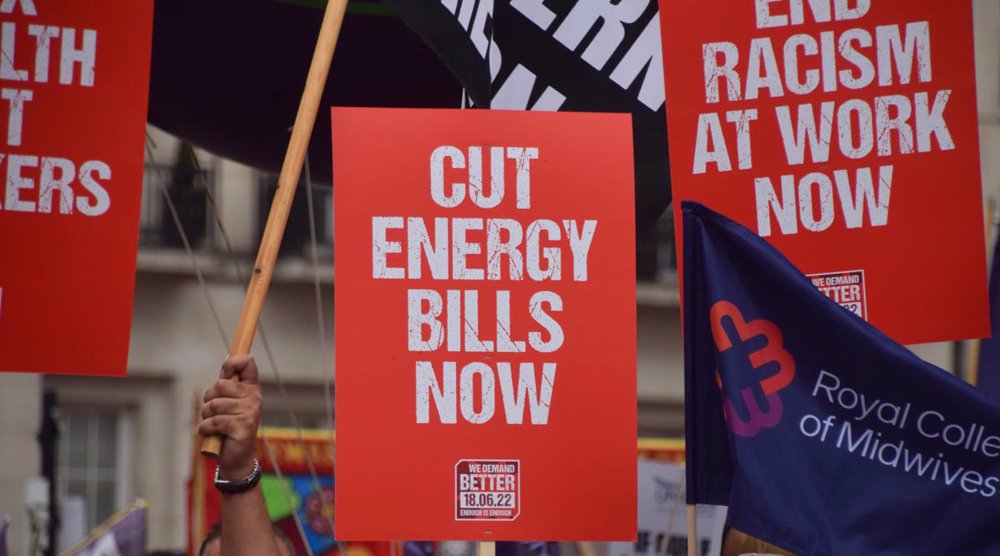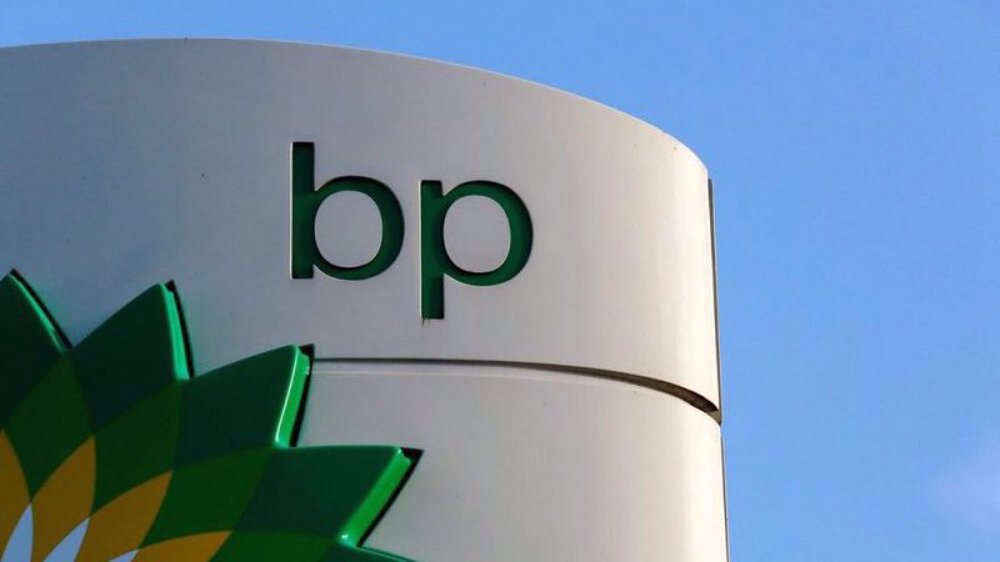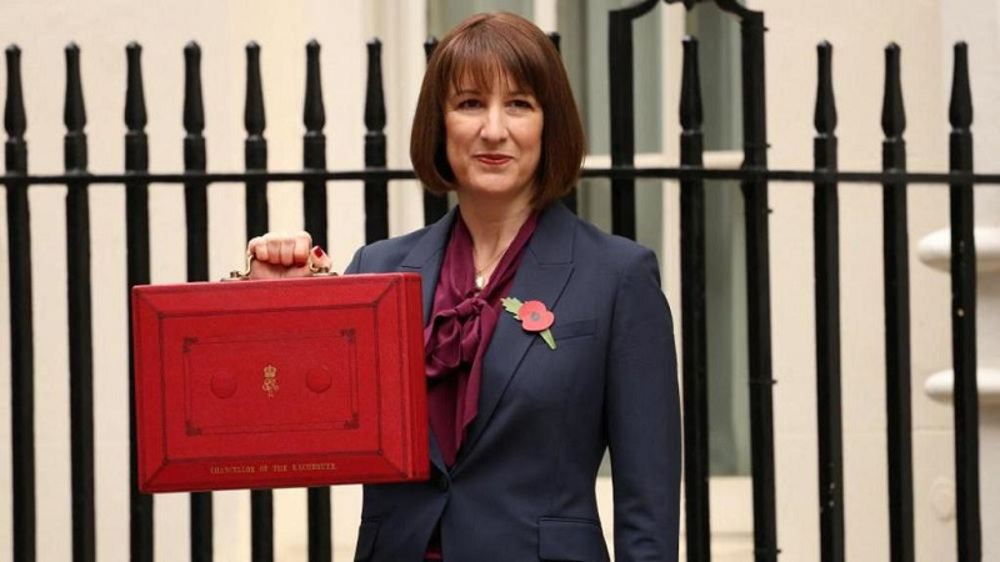New British PM accused on ‘phony freeze’ over capping skyrocketing energy bills
Britain’s Prime Minister Liz Truss has been accused of bringing in a “phony freeze” on energy bills after unveiling her plans for capping the skyrocketing energy bills for two years in a bid to alleviate the burden on the British population.
Speaking in the House of Commons on Thursday, the new Prime Minister announced a £2,500 yearly price cap for the average household until October 2024, meaning that the measure will save typical households about one-thousand pounds per year.
Truss says it is a bold immediate action to protect consumers.
“We are supporting this country through this winter and next, and tackling the root causes of high prices so we are never in the same position again,” she told the parliament. “This is the moment to be bold, we are facing a global energy crisis, and there are no cost-free options.”
She also lifted the ban on energy fracking in England, opposed by environmentalists. Truss says the government would review progress over Britain's 2050 net-zero emissions target. She said the supply will also be stepped up by new oil and gas exploration licenses issued for the North Sea.
Opposition parties have warned the government’s new plans could saddle Britons with debt for decades.
Labour leader Sir Keir Starmer said the move would force taxpayers to “foot the bill”, while the SNP’s Ian Blackford depicted the plans as a decades-long “Truss tax”.
Economists believe the plan is likely to add more than 100 billion pounds to Britain's debt pile, with Deutsche Bank estimating that the energy price offset plus potential tax cuts could together cost 179 billion pounds.
The leaders of Scotland, Wales, and Northern Ireland as well as the Mayor of London have urged Truss to immediately freeze energy prices to tackle the worsening cost-of-living crisis.
The Tory leader has said her government is negotiating new “long-term” energy contracts with suppliers, while the country’s finance ministry has said the suppliers will only be able to access a planned 40-billion-pound liquidity support program as a last resort.
“The scheme will be designed to be used as a last resort and will be structured and priced accordingly. It will be open to firms that can prove that they are otherwise in sound financial health, have a UK presence, and play a significant role in UK electricity or gas markets,” new British Chancellor of the Exchequer Kwasi Kwarteng said on Thursday.
The UK and other European countries have been experiencing a worsening energy crisis after imposing sanctions on Russia for its military operation in Ukraine.
Missile fired from Yemen hits Tel Aviv
VIDEO | Iran emerging as aviation service hub through innovative solutions
Iraq exhuming remains of 100 Kurdish women, children killed by Saddam
Panama rejects talks with US over canal control
VIDEO | Israel Yemen aggression
HTS rulers name al-Qaeda operative as Syria's new spy chief
Iran voices concern about rising insecurity, violence in Syria
VIDEO | Karachi sit-in amplifies nationwide call for justice for Parachinar victims












 This makes it easy to access the Press TV website
This makes it easy to access the Press TV website